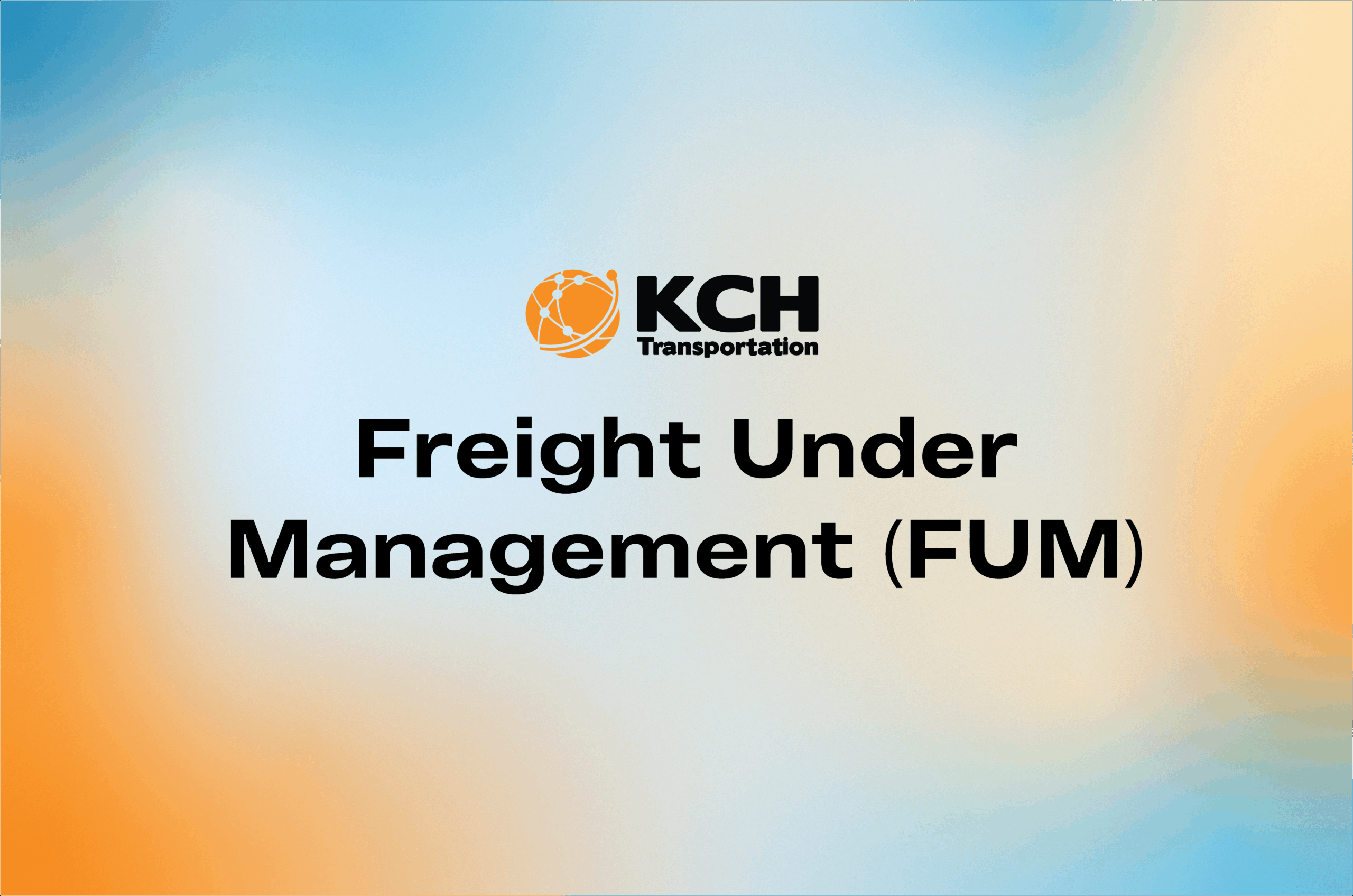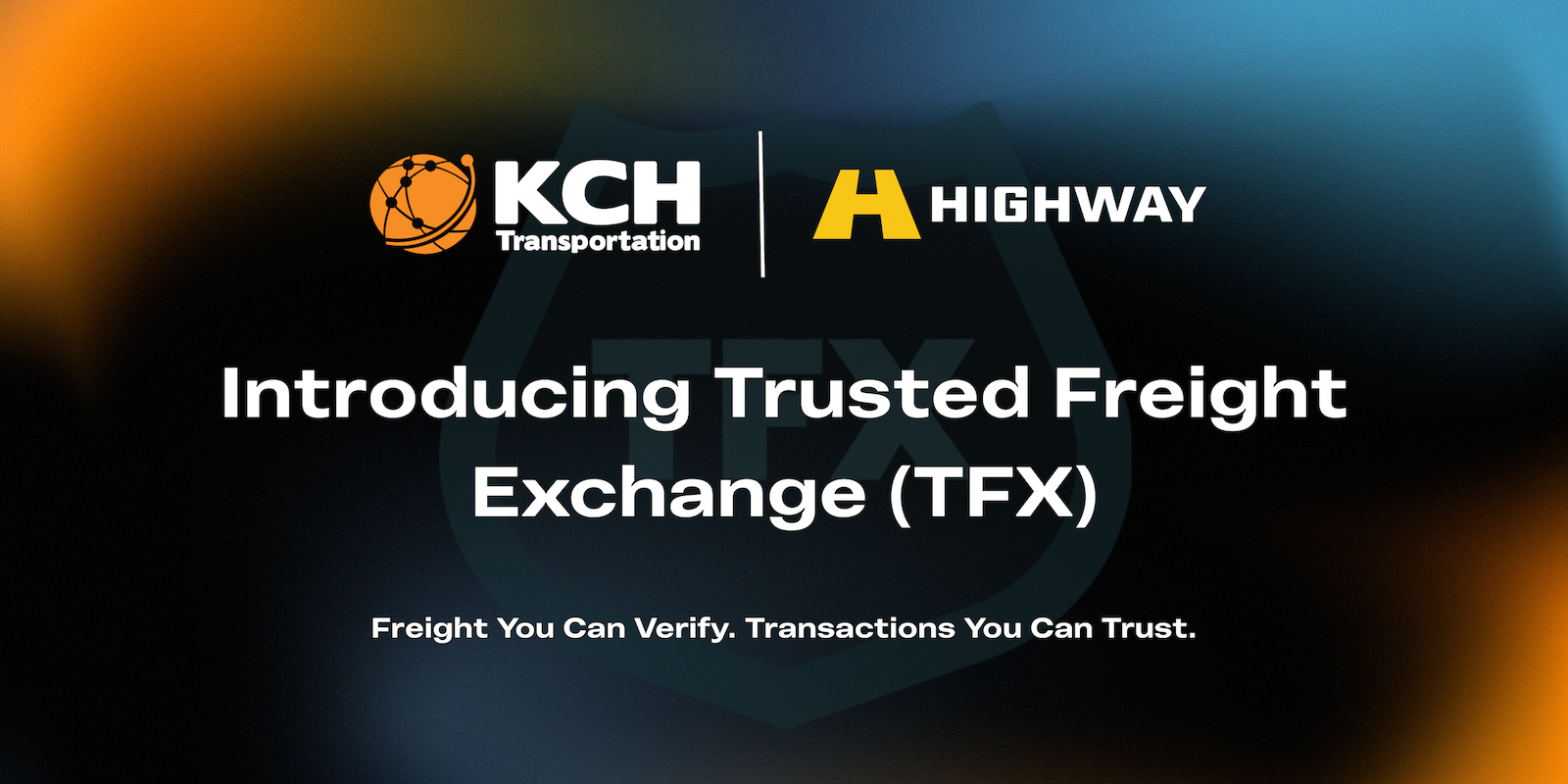When it comes to Less‑Than‑Truckload (LTL) shipping, many companies accept unnecessary costs as part of doing business. But the truth is, a few common mistakes are quietly inflating landed cost and eroding profit margins. The good news? A carrier‑direct program with a pre-invoice audit can correct these issues before they hit your bottom line.
Accepting Hidden Markups
The Mistake: Many shippers actually do business through 3PLs or brokers who combine LTL freight carrier rates with their own, undisclosed margin. This masks the actual costs charged by the carriers and, in turn, makes it almost impossible for the finance and operations teams to reconcile the budgets or correctly forecast.
The Fix: Through a carrier-direct program, you get direct contracts with carriers, charging a transparent, fixed admin fee. Every shipment clearly displays the exact amount charged by the carrier, eliminating guesswork and hidden profit centers.
Relying on Post‑Invoice Audits
The Mistake: Waiting until after invoices are paid to catch reweighs, reclassifications, or duplicate charges means tying up cash flow and incurring additional labor for disputes.
The Fix: A pre-invoice integrity audit flags these errors before they reach Accounts Payable. This reduces disputes, accelerates month-end close, and ensures accruals are accurate from the start.
Losing Contracts When You Switch Providers
The Mistake: In most of the vendor-managed programs, the rates and contracts you negotiate end up being tied to the provider rather than to you. If you leave the provider, you are starting over.
The Fix: Carrier-direct programs keep all contracts in the name of the customer. So, if you ever change service partners, your pricing and relationships follow you, thereby protecting the leverage that you have built over time.
Managing Multiple Portals and Data Silos
The Mistake: Many shippers often find themselves juggling multiple carrier portals with different logins, workflows, and data formats, which creates inefficiency within operations and impedes consolidated reporting.
The Fix: An API-first transportation management system (TMS) today is a single system combining rating, tendering, tracking, documentation, and business intelligence. With access restricted by roles, finance and operations work out of a single source of truth.
Underestimating the Impact of Accessorial Errors
The Mistake: Accessorial charges, including fees for liftgate, residential delivery, and limited access deliveries, often sneak in without any proper validation, thus creating unexpected land cost increases.
The Fix: A pre-invoice audit systematically checks accessorials against shipment details and contracted rates, ensuring you only pay for services actually rendered.
The Combined Benefit: Control, Accuracy, and Savings
By addressing these five mistakes, shippers can:
- Lower and stabilize landed LTL freight shipping costs
- Improve cash flow through accurate, upfront billing
- Preserve carrier relationships and negotiated rates
- Streamline workflows across teams
- Make faster, better‑informed decisions with clean, consolidated data
KCH’s Freight Under Management (FUM) program matches carrier-direct contracts with a pre-invoice Integrity Audit, all through a modern, API-first portal. The result? Transparent pricing, surprise-free invoices, and a scalable foundation for your LTL operations.
Watch how real-time Integrity Audits and carrier-direct pricing stop LTL shipping surprises before they reach A/P.




